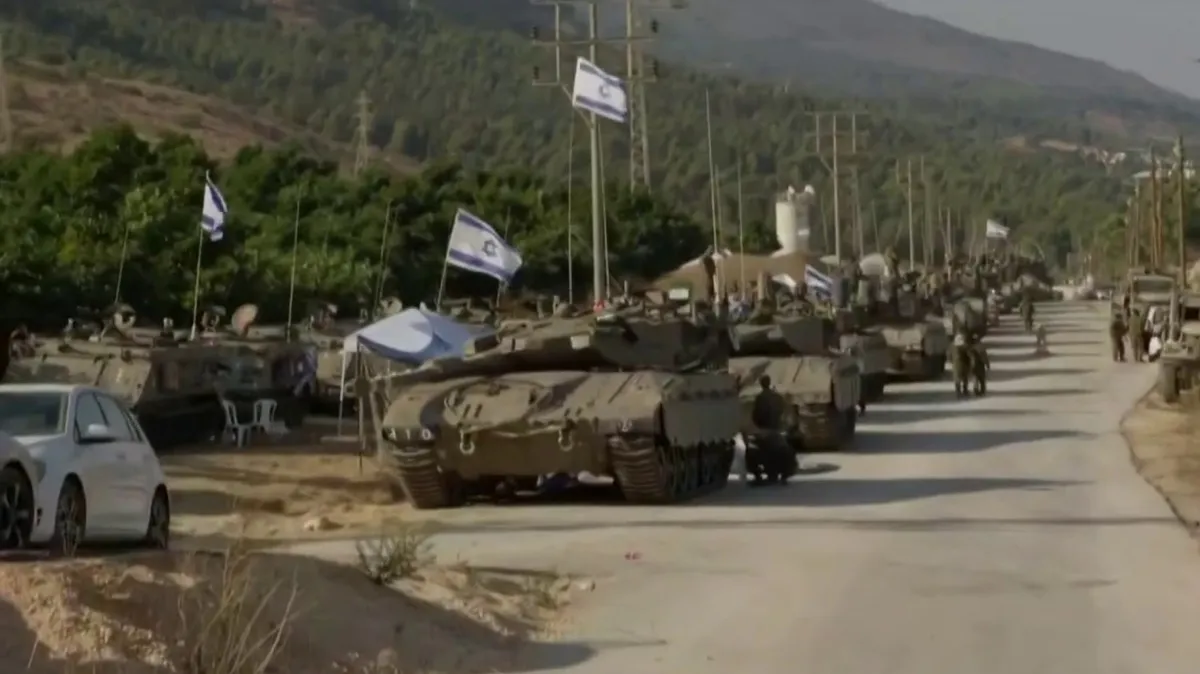On Thursday, the Iran-backed Hezbollah group escalated its offensive against Israel from southern Lebanon, a response to Israeli bombardments that led to the deaths of seven fighters, including members of an elite unit.
The Israel-Hamas war, which commenced on October 7, has triggered escalating fire exchanges along the Lebanon-Israel border, primarily involving Israel, the Iran-backed Hezbollah movement, and Palestinian groups.
Fears of a larger-scale conflagration have been heightened due to the ongoing clashes.
Hezbollah announced its involvement in over 20 attacks on Israeli military positions, asserting that casualties were inflicted.
In a targeted attack, Hezbollah reported launching 48 Katyusha rockets at a military base near the town of Safed in northern Israel, specifically at Ein Zeitim, located about 10 kilometers (six miles) from the border.
This attack constituted the most extensive rocket barrage initiated by the Iran-backed group since the onset of violence last month. Hezbollah confirmed utilizing the heavy-duty Burkan missile in another assault targeting an Israeli border position.
The Israeli army retaliated against fire aimed at Israel by deploying helicopters and fighter jets to strike Hezbollah’s “terrorist infrastructure” and rocket launch sites.
According to Lebanon’s official National News Agency, the Israeli army retaliated by shelling various locations in southern Lebanon.
Hezbollah has been acting in support of Hamas since the Palestinian Islamist movement’s October 7 attacks on Israel, according to their statement.
Israeli officials claim that the attacks resulted in the death of approximately 1,200 people, mostly civilians, and around 240 people being taken hostage.
Israel has pledged to dismantle Hamas, and its counteroffensive in the Gaza Strip has resulted in nearly 15,000 reported casualties, including thousands of children, according to the Hamas government in the Palestinian territory.
The exchange of gunfire occurred on Thursday, coinciding with the meeting between Iran’s Foreign Minister, Hossein Amir-Abdollahian, and Hezbollah’s leader Hassan Nasrallah.
In a statement, Hezbollah said Amir-Abdollahian and Nasrallah ‘reviewed the latest developments in Palestine, Lebanon and the region, and… the efforts made to end the Israeli aggression against the Gaza Strip’.
